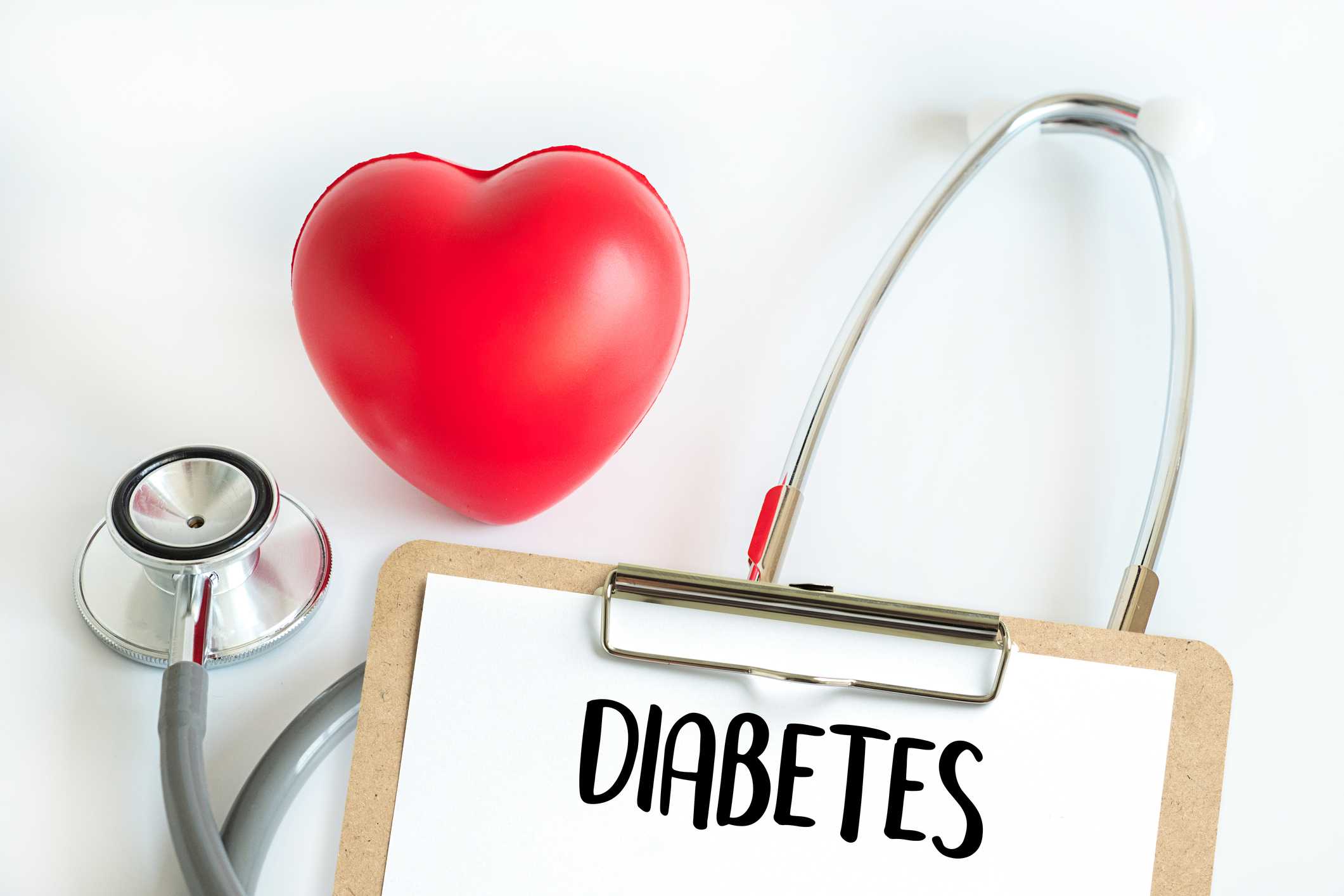
Diabetes is one of the most deadly conditions in the United States, if you don’t have it yet, this doesn’t mean it won’t happen to you. Given that the condition is extremely prevalent, knowing the signs you might be getting diabetes is a must.
Everyone should know their risk for diabetes and be screened for diabetes early to prevent dangerous health effects. A simple blood test can tell your risk. Here are some warning signs that you might be developing diabetes:
1. Slowly healing cuts and wounds
The wounds of people with diabetes heal extremely slowly. Diabetics often develop foot ulcers. These are wounds on the feet that might never heal. There is a direct relationship between blood sugar and healing.
Chronic exposure to high sugar levels contributes to disease of the blood vessels. When the blood vessels are damaged, there is limitation of the flow of blood to those specific areas of the body, which leads to slow wound healing. If you have any wounds on your feet that don’t seem to heal, visit a foot doctor.
2. Patches of dark skin
Patches of dark skin known as Acanthosis nigricans could be a signal of diabetes or, in rare cases, certain cancers. You’ll notice velvety folds usually in the creases of your skin on the back, neck, and armpits. Insulin resistance is the root cause of them, therefore this is very common among people with diabetes. Too high levels of insulin stimulates an increase in the abnormal growth of these skin cells.
3. Increased hunger
It’s normal to experience hunger after a long workout or having missed breakfast. However, with diabetes, a person might feel hungry for seemingly no reason. There’s actually a medical term for constant hunger caused by diabetes, it’s known as polyphagia.
When you have diabetes, you become intolerant to insulin. Insulin is essential to allow sugar to enter into cells where it can be used for energy. Since this sugar can’t get into cells to be used for energy, your body feels that you need more food for energy.
4. Chronic fatigue
With uncontrolled blood sugar levels, you might experience hyperglycemia. Too high blood glucose can result in nausea, fruity-smelling breath, shortness of breath, and dry mouth. High blood glucose can also contribute to a lack of energy. People with diabetes can’t make use of the high sugar levels in the body for energy, that is why patients are always exhausted.
5. Excessive thirst and frequent urination
If you’re getting diabetes, you might experience increased thirst or frequent urination. These symptoms are extremely common, and they’re linked to your kidneys. Your kidneys are the organs that filter and absorb sugar. With diabetes, you have too high blood sugar levels.
High blood sugar acts as a diuretic, which contributes to excess urination. Frequent urination can provoke extreme thirst and dehydration if you don’t hydrate your body properly.
6. Tingling in hands and feet
You might experience a numbness or tingling in your hands or feet due to diabetes. That can be triggered by diabetic neuropathy, a nerve damage that impacts nearly 50% of diabetes sufferers. You might also experience pain or cramps.
7. Blurry vision
The eye lenses get swollen when blood glucose levels are high, and body water is pulled into the lens. A person might also have damage to the blood vessels in the retina. They can get weak and thin, and leak a fatty protein known as exudate.
The Bottom Line
Watch for the symptoms mentioned above. If you’ve noticed any of them, visit your healthcare provider. Getting regular exercise might help decrease blood sugar levels and probably prevent type 2 diabetes. Daily physical activity might even help you lose weight and improve your heart health.
